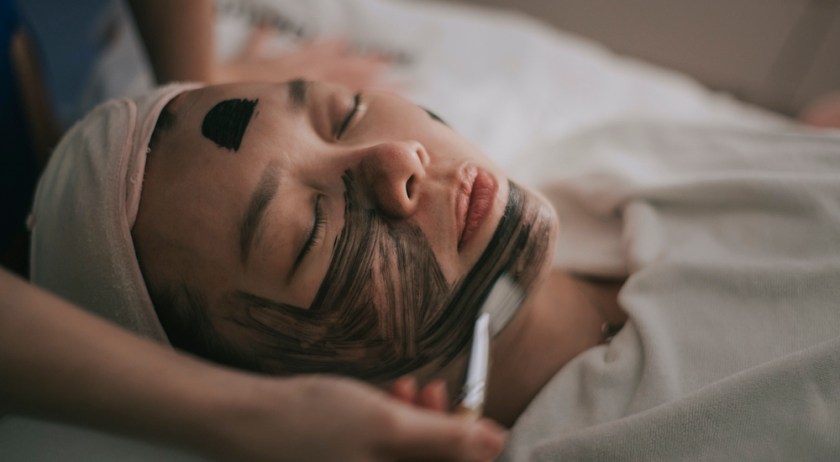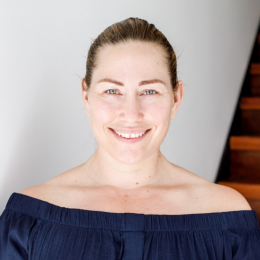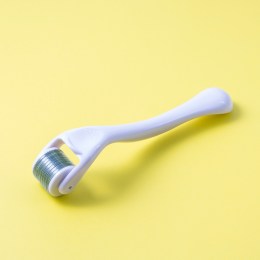Lasers, acids, exfoliating, resurfacing – those are common terms describing what most beauty and dermal therapists will recommend to their clients on a regular basis, but are they doing more harm than good?
Remember when Kylie Jenner’s skincare came under scrutiny last year as it included a physical exfoliating scrub made from walnut powder? Many skin professionals pointed out that walnut shell powder is too abrasive and can cause microtears in the skin. It seemed everyone agreed that exfoliating your face with this kind of product will cause trauma to the skin.
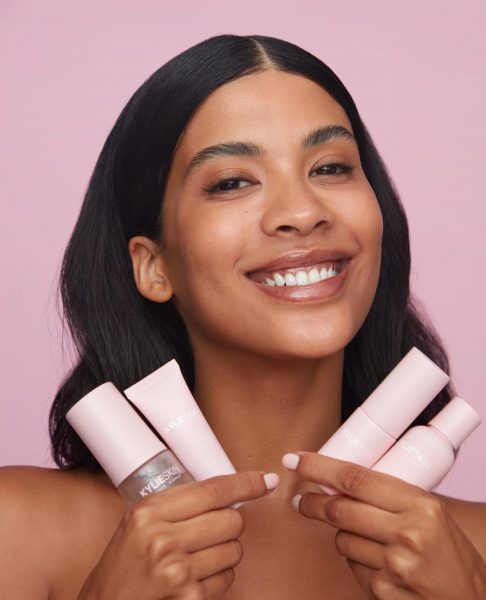
And yet, exfoliating and ‘mild resurfacing’ seems to be most skin practitioner’s go-to treatment plan to improve ‘dull skin’ and achieve a fresher, younger-looking glow. At the very least, most will recommend a Vit A based skincare product to increase cell turnover. But is increasing cell turnover really necessary? Shouldn’t healthy skin be able to regulate its cell turnover efficiently without the help of an exfoliating product? Corneotherapist Robyn McAlpine says, yes it should.
“As skin experts, the first thing we need to ask ourselves is why and how,” she says.
“Why am I recommending this treatment and how is it working on cellular level? Do I understand the cells and functions involved in the way this skin is presenting? Or am I basing my recommendation on what I know this treatment is promoted to do? Is a peel going to restore a specific cell function or is removing the skin’s barrier going to hinder or exacerbate the presentation of skin? Reaching for ablation and resurfacing to resolve skin conditions doesn’t always support the intricate cell functions involved.”
Robyn says that the skincare industry has given exfoliating too much focus in recent times as it is often deemed the solution to many skin problems but tends to only have short-term results rather than fixing someone’s skin long-term.
“There was once the idea that more is better. More treatments, more actives and more invasive. I believe there is an industry-wide over prescribing of treatments and products that aren’t always what the client needs but more about what the therapist needs to sell (hello, outdated therapist targets).
Exfoliating, often reached for as the answer to all skin prayers, is the biggest over sell of the century. It’s not for everyone nor suitable to every skin type or condition. In fact, it’s often the first thing I remove from any client’s skin care regime when we begin our corneotherapy skin journey. A healthy skin naturally exfoliates itself. Not self-exfoliating? Let’s find out why and repair that instead!”
And while certain gentle exfoliants can be beneficial to some people’s skin, Robyn says that many of her clients are overdoing it unknowingly as so many skincare products now include exfoliating ingredients.
“I often come across clients who are unknowingly resurfacing their skin several times a day due to a twice daily regime consisting of an acid-based cleanser, BHA toner, AHA serum and a retinol resurfacing moisturiser. Once we remove these from daily use, skin suddenly is smoother than it ever was with regular exfoliating,” she concludes.
She is not alone in her less-is-more approach. Dermatologist Dr Alice Rudd from Melbourne based Skindepth Clinic has chosen to work with skincare brand Dermal Therapy, which is all about minimal ingredients and nurturing even the most sensitive of skins as well as being affordable.
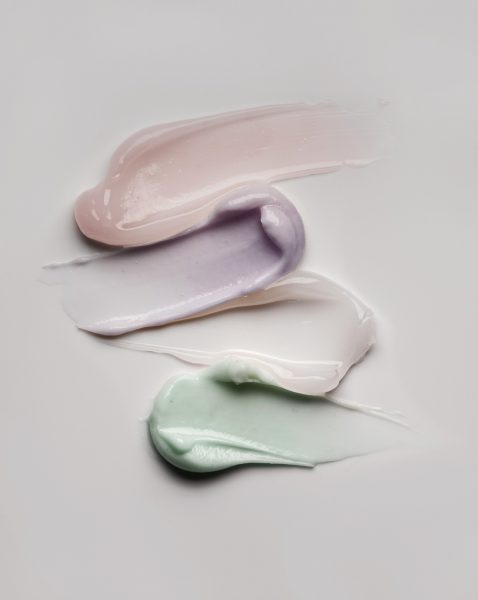
“We recommended Dermal Therapy skincare to our clients as we know its non-irritating and gentle on all skin, particularly sensitive skin. The lip balm especially is our number one most recommended product to our patients at Skindepth Dermatology, especially those on medical treatment for acne. Dermal Therapy is perfect for treating skin conditions such as eczema, dermatitis, xerosis and rosacea, as the products are very gentle, soothing and nourishing for the skin,” Dr Rudd says.
“Depending on what we are treating we do require the right kind of actives in our skincare routine. However, we do see a lot of patients coming into the clinic that are either using the wrong kind of actives, or too many products. Therefore, our initial consultations with our patients are so important, as we develop a skincare plan tailored to the individual’s skin needs.”
As skin professionals, do we have to ask ourselves if we are (unintentionally or not) over-selling skincare products to our clients? Would some of our clients benefit of a more pared back skincare routine without many actives?
“Gone are the days of an overflowing bathroom cabinet of skincare products,” says Robyn.
“Simplicity of topical products is one of my keys to healthy skin. I believe there is an industry-wide over prescribing of treatments and products that aren’t always what the client needs but more about what the therapist needs to sell. If we are in-tune with the anatomy and physiology of skin, it’s clear that overloading it with foreign ingredients doesn’t align with the nature of our skins’ biology.”
Of course, we don’t need to ban exfoliating altogether. “My recommendation is to reduce home exfoliating to no more than once per week and to be wary of how many products in your daily routine contain exfoliating agents,” Robyn suggests. So if you’re experiencing clients whose skin just won’t calm down, start by going back to basics as sometimes, less is more.
DID YOU KNOW
There are 5 ways you can catch up with SPA+CLINIC?
- Our quarterly print magazine, delivered to your door. Subscribe here.
- Our website, which is updated daily with its own completely unique content and breaking news.
- Our weekly newsletter – free to your inbox! Subscribe here.
- Our digital magazine – click here to view previous issues.
- Our social media – see daily updates on our Instagram, Facebook & Linkedin


